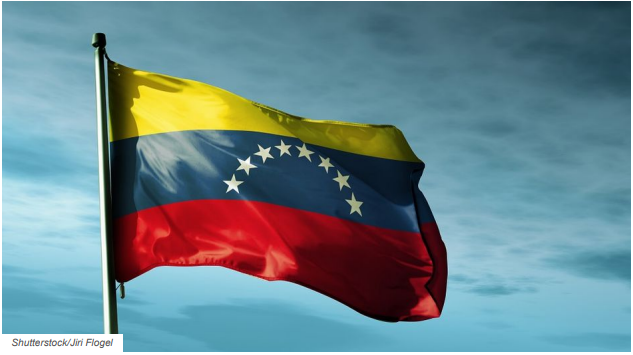
Do Venezuelan entrepreneurs know the commercial value of their intangibles?
By Vanessa Navarro and Laura Rivas
Caracas, Septiembre 22, 2022
This article first appeared in WTR Daily, part of World Trademark Review, in (month/year). For further information, please go to www.worldtrademarkreview.com.
- There has recently been a wave of entrepreneurship in Venezuela
- Most businesses do not exceed three years of existence, partly due to a lack of formalisation and advice
- Entrepreneurs in the country do not give the necessary importance to IP protection
There has recently been a sweeping and spontaneous wave of entrepreneurship in Venezuela, following the complex economic situation suffered by Venezuelans and the ravages of the covid-19 pandemic. These entrepreneurs have gradually and positively had an impact on the market, consumers and the country’s gross domestic product through their business models, creations, products or services.
However, and despite the efforts put into the development of entrepreneurship, it is evident that entrepreneurs make mistakes in the legal field, from the birth of an idea to its materialisation. According to a trend identified by the Global Entrepreneurship Monitor, in Venezuela around 2 million businesses are created annually, but most of these do not exceed three years of existence.
This trend is partly due to a lack of formalisation and advice. This includes the failure to consult lawyers specialised in the areas of interest, from the incorporation of a company, entering into contracts and hiring employees, to issues related to intellectual property law, as well as the ignorance of the commercial and business value that can be obtained through the economic exploitation of potential intangible assets. If IP law plays a fundamental role in the development, protection and monetisation of an enterprise, the question arises as to how and why.
To answer this question, let us think of a hypothetical case: an individual develops an application called ‘Newer’ for laundry services; that application is successful in the local market, so they decide to expand their business to other locations, only commercially exploiting the laundry service per se without considering all the intangible assets that converge in the venture and can generate more profit. The application at issue was developed through software, which can be considered as a work of the intellect (as long as it is original) and, thus, be protected by copyright; in turn, that application has a name – ‘Newer’ – that can be registered as a service mark (considering that it is neither descriptive nor generic), giving the individual the exclusive right to exploit it and the possibility of granting licences with the purpose of obtaining an economic consideration. If the individual has a particular business model, it can be protected through trade secrets and generate a competitive advantage.
Against this background, it is evident that intellectual property is closely linked to business ventures and can bring a commercial value. However, in Venezuela, entrepreneurs do not give the necessary importance to these aspects, either due to a lack of knowledge (of the technical concepts and of the IP field itself) or due to the possibility of developing and executing business activities outside of the applicable legislation without any legal consequences. A recent, emblematic example was the case of a commercial establishment that pretended to be a franchisee of the Starbucks chain.
For this reason, the timely management of intellectual property implies the validation of a system that seeks the protection of intangible assets with an intrinsic value for the market; in terms of competition, entrepreneurs will manage to position their name, reputation and business to open new and better markets – thus achieving, in a residual way, to strengthen the economic apparatus of the country.
In this chain of value, entrepreneurs are key players in boosting the economy and improving the quality of life of all individuals through the competitive capacity generated by their businesses and ventures, supported by the protection of their IP rights and their valorisation by potential investment partners.
Due to the situation faced by entrepreneurs in Venezuela with respect to intangible assets, it is crucial to consider the management of IP rights as an investment, and not as an expense, for the development of enterprises. Such investment will, in the long term, translate into more and better opportunities in the market.







